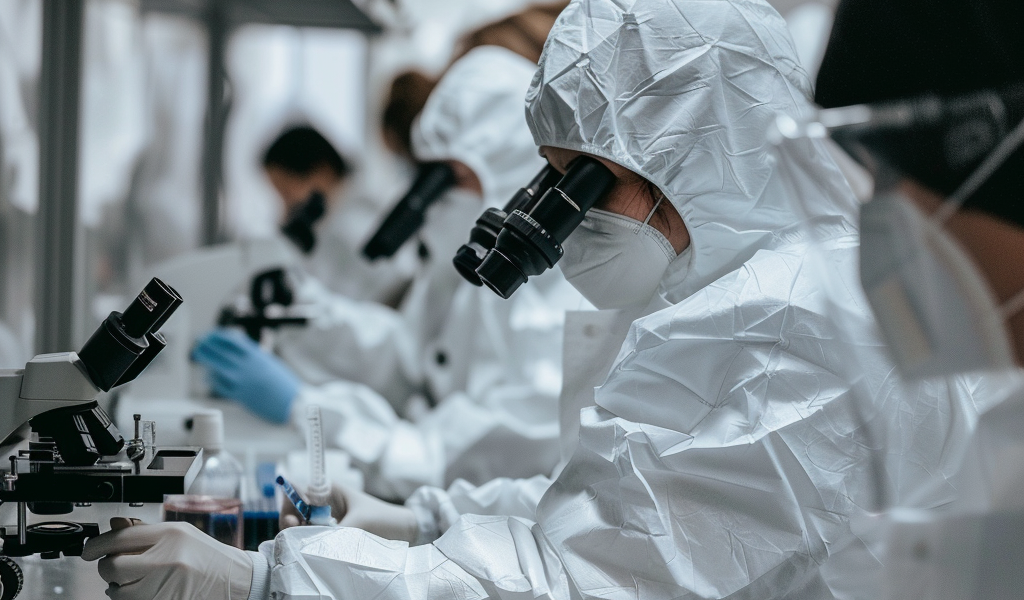The National Mycological Reference Centre in Adelaide is at the forefront of researching new fungal pathogens, which are increasingly spreading due to climate change and can be deadly without effective drugs. The center’s mycologists work diligently to identify and study these pathogens, using biohazard precautions and advanced equipment such as DNA sequencers and a comprehensive reference collection.
Dr. Sarah Kidd, the head of the center, has witnessed the impact of fungal infections firsthand, including an outbreak of Cryptococcus gattii during her time in Canada. She emphasizes the significance of understanding and addressing these mutations, as changing global temperatures may contribute to the emergence of new fungal threats.
The research conducted at the National Mycological Reference Centre underscores the importance of proactive measures in combating potential pandemics caused by fungal pathogens. As climate change continues to alter ecological dynamics, the work of these dedicated scientists is crucial in safeguarding public health and mitigating the risks posed by evolving fungal species.





